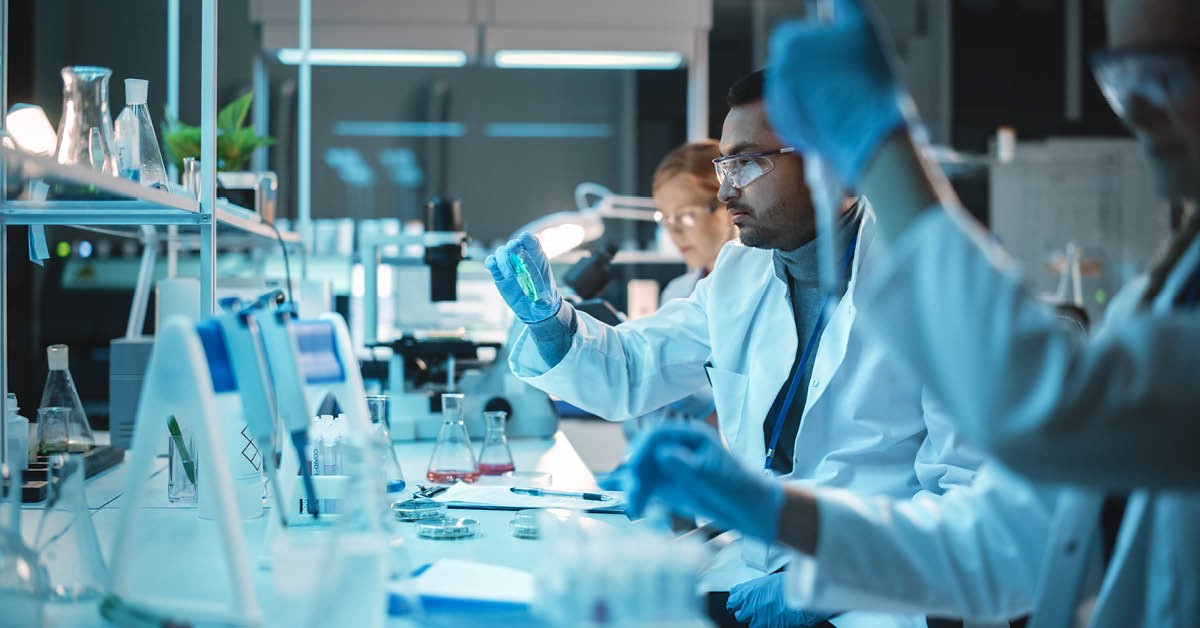The quantitative assessment of xenobiotics is known as bioanalysis. Xenobiotics include biological substances, small molecule medicines, and their metabolites. Bioanalytical testing services have numerous uses, like developing and validating reliable bioanalytical procedures in body fluids and tissue samples.
Immunoassays (IAs) are very popular in the healthcare and industrial fields for detecting one or more analytes/biomarkers in clinical samples early and precisely. Professionals in healthcare and bioanalysis can make timely and informed decisions with such crucial information at their behest. The regulators have established strict bioanalytical standards for IAs in response to mounting concerns about public health and safety. Although businesses and in vitro diagnostic (IVD) producers have complied with the majority of regulatory standards, it is becoming increasingly evident that some licensed IAs lack adequate bioanalytical capabilities. As a result, it is necessary to change recommendations for Bioanalytical Testing Services to develop IAs with the fewest possible bioanalytical flaws. The development of medical value IAs using clinical inputs and end-user evaluation for each development step is trending.
Additionally, the amount of outsourcing by pharmaceutical and biotechnology industries has significantly increased during the past decade. This tendency has further escalated with a heavy focus on using CROs in developing nations in recent years. There is a heavy dependence on CROs to supply vital, knowledge-based services since there is pressure to keep R&D costs low and deliver more and better medications to the market faster.
To ensure all the existing guidelines for Bioanalytical(BA) test services are adhered to, keep in mind:
1. Personnel
CRO monitoring Personnel are responsible for: The formation of purchase orders (POs), approval of invoices, assay validation, sample analysis, data transfer, etc. Depending on the BA group, one person or more may be able to handle these duties. Some businesses even outsource the PO setup. For those overlooking each of these functional areas, the appropriate experience and training are a must.
2. CRO selection
The sponsor’s approach will determine the size of the projects to be outsourced. A sponsor will choose the CRO to carry out the activities after determining which needs require outsourcing. The most important criteria for picking a CRO can be qualifications in terms of scientific know-how and regulatory compliance, capacity for timely data delivery, competitive pricing, etc. People from the sponsor’s team or the Bioanalytical(BA) group make up the selection team, which assesses the CRO based on the abovementioned skills. A “confidentiality and master services” agreement should be established before any outsourcing work is handed over to the CRO to guarantee the secrecy of the sponsor’s intellectual property.
Must Read: Future Trends and Challenges in the Field of Biochemical Assays
3. Delivering quality data on time
The primary objective of a BA outsourcing is timely sample analysis delivery. Before the study begins, the sponsor’s study monitor must ensure that assays are correctly established at the CRO, i.e., validated for GLP and clinical studies. Delivery timelines must be set beforehand to ensure timely delivery and that the integrity of the samples remains intact. During sample analysis, the CRO staff must read, comprehend, and abide by the study protocols, relevant SOPs, and regulatory requirements.
